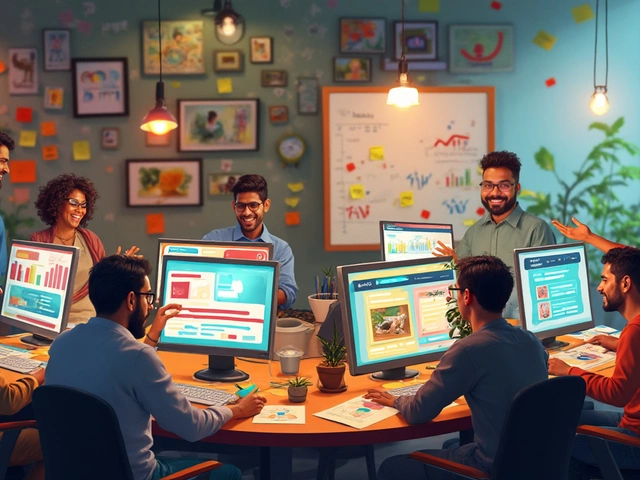Blog Business License: What Every Indian Blogger Needs to Know
When you hear the term Blog Business License, a legal authorization that lets a blog operate as a registered business in India, covering tax, GST, and compliance needs. Also called blogger licence, it bridges the gap between hobby blogging and formal entrepreneurship. Business Registration, the process of officially recording a business with the Ministry of Corporate Affairs or local authorities is the first building block; without it you can’t file for any licence. Next comes Tax Compliance, ensuring you pay income tax, GST, and any sector‑specific duties on your blog earnings, which the licence demands as proof of financial responsibility. Finally, Monetization Strategy, the plan for earning revenue through ads, affiliate links, sponsored content, or product sales must align with legal rules, because the licence validates that your income streams are legitimate. In short, a blog business license encompasses legal compliance, protects you from penalties, and signals to brands that you’re a serious partner.
Key Steps to Secure Your License
The journey starts with business registration. Fill out the online form on the MCA portal, choose a suitable structure—sole proprietorship, partnership, or private limited—and register your blog’s name. Once the registration certificate is in hand, you move to tax compliance: obtain a PAN, apply for GST if your turnover crosses the threshold, and keep meticulous records of income and expenses. These documents become the core of your licence application, because the authorities need to verify that your blog meets financial and statutory obligations. After you’ve aligned tax filings, draft a clear monetization strategy. Whether you rely on Google AdSense, affiliate programs, or direct brand deals, each revenue channel should be documented; this helps the licensing body ensure you’re not bypassing tax laws or engaging in prohibited activities. Finally, submit the licence request through the local municipal corporation or the online portal for digital business licences. The review process usually takes a few weeks, during which you may be asked for additional proof of compliance—think bank statements, GST returns, or content licences for any copyrighted material you host. Completing these steps not only grants you the licence but also builds a solid foundation for scaling your blog into a full‑fledged business.
Why go through the hassle? A valid licence opens doors to higher‑paying brand collaborations, because partners trust businesses that follow the law. It also shields you from sudden legal notices that can cripple traffic or freeze earnings. Moreover, with a licence you can open a corporate bank account, apply for loans, and even hire employees without paperwork nightmares. In practice, bloggers who have secured their licence report smoother cash flow, better negotiation power, and peace of mind during tax season. As you explore the articles below, you’ll find detailed guides on earnings, platform choices, and content creation that all assume you’re operating within a compliant framework. Keep these points in mind, and you’ll be ready to turn your passion for blogging into a legally sound and profitable venture.

Understanding EIN Necessities for Your Blogging Journey
Navigating the world of blogging often leads to questions about whether an EIN, or Employer Identification Number, is necessary for your blog. This article aims to demystify the reasons for obtaining an EIN, especially if monetization is in the picture. We will explore various blogging scenarios and the tax implications involved. Understanding these details can help bloggers make informed decisions about their business setup. Check if an EIN can benefit your unique blogging journey.
Jan 3 2025




